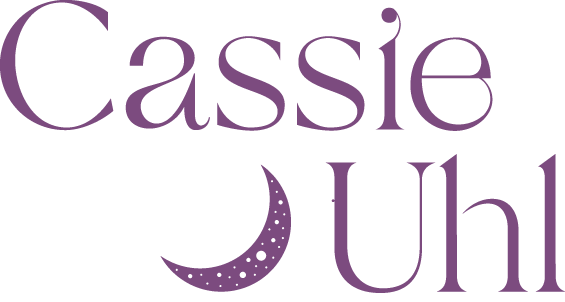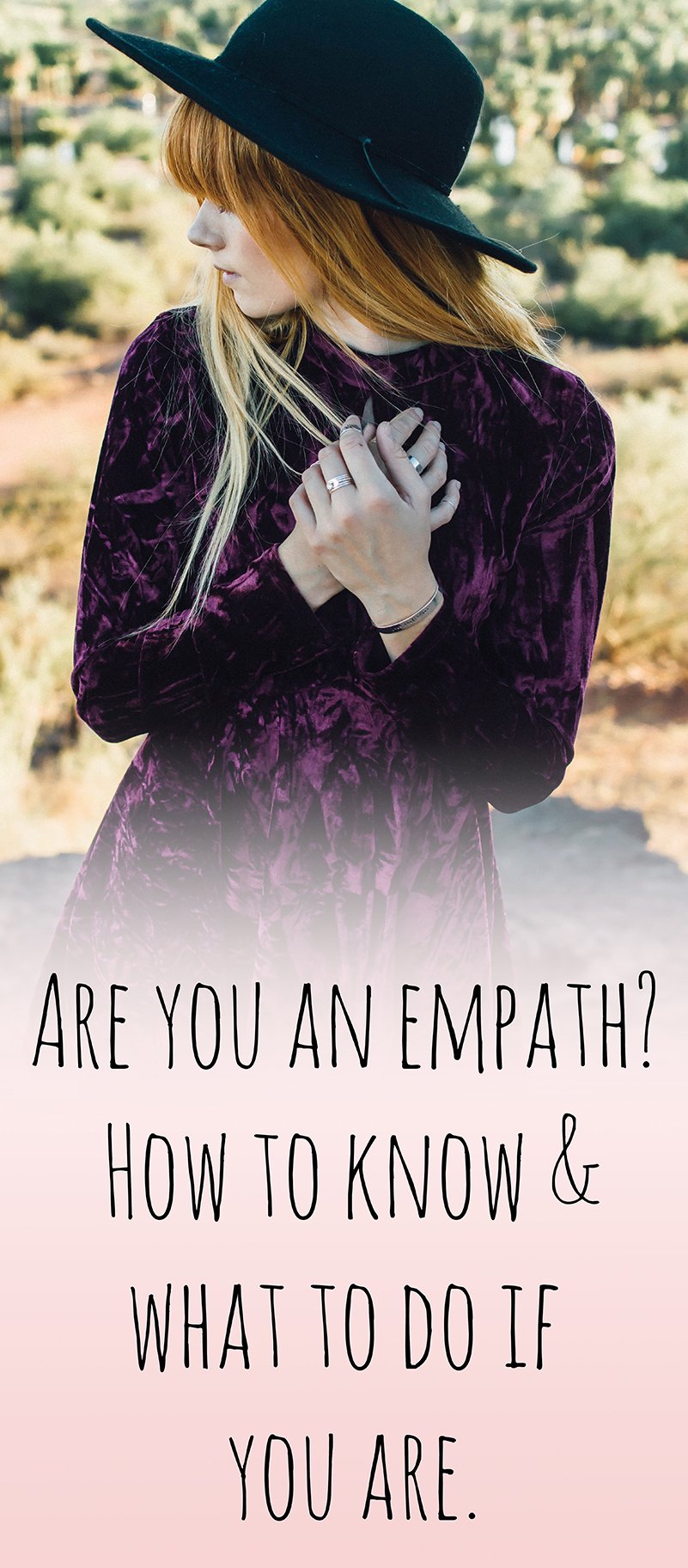Are You an Empath or an HSP? How to Know & What to Do!
Did you grow up being told over and over again that you’re “too sensitive”? If you did, you might be an empath, a highly sensitive person (HSP), or both. Being sensitive is often deemed as a bad or undesirable personality trait, but this isn’t true.
I grew up being told again and again that I was too sensitive, and for much of my life, I believed that this was my burden to bear. It wasn’t until I discovered that I was an empath that my sensitivities started to make sense and I began to love and cherish these qualities.
Being highly sensitive is a powerful skill that many don’t possess. It’s time to start celebrating it in one another, especially in our youth, rather than branding it as a negative trait. Today, I’m going to share what the differences are between HSPs and empaths, a checklist to help you determine if you might be one, and some next steps on your journey towards embracing your empathic abilities.
Are you an empath?
Do you identify with most of these statements? If you do, you may be an empath.
I’m often told that I’m sensitive or an introvert.
I feel drained by large groups of people.
I struggle with anxiety.
I prefer more intimate group settings.
I have don’t have a lot of friends but am very close with the friends I do have.
My body is sensitive to medication and caffeine.
I absorb the emotions of others easily.
I often get hunches about people before speaking to them.
Loud sounds, bright lights, and strong scents agitate me.
It takes me a long time to recover from spending time with large groups of people or people that are require a lot of my energy.
I consider myself clairsentient. (Learn more about clairsentience on this blog post.)
Strangers open up to me often.
I tend to attract the same kinds of partners that aren’t healthy for me.
I consider myself to be very intuitive.
What’s the difference between being an empath and an HSP?
The term empath is often used in the spiritual community whereas highly sensitive person or HSP is a more clinical term used by therapists and counselors. Their meanings do overlap in many places but also have differences.
The primary difference between being an empath and an HSP is that HSPs don’t absorb the thoughts and emotions of others and don’t get the same hunches that empaths do. Most empaths fall into the category of HSP, but not all HSPs are empaths. Think of empaths as highly sensitive people with the ability to absorb or feel others' emotions.
What to do now
Being able to absorb the moods and feelings of others is a gift for sure, but it also comes with its challenges. Undiscovered empaths are an easy target for energy vampires and unhealthy relationships. If you find yourself exhausted and anxious regularly and don’t know why it might be time to learn some new tools for your empathic abilities.
The good news is, there are a variety of tools available to you to help you better understand what being an empath is, techniques for turning your energy absorbing abilities off, and how to better navigate the world with your sensitivities in mind.
Being an empath myself I’ve learned a lot about how to navigate this energy-packed realm and still thrive! This blog post covers a variety of techniques and tools to help you flourish as an empath.
Why being an Empath or HSP is awesome!
Before I leave you, I’d like to share a shortlist of why being a super-sensitive empath is such a gift! Here’s a shortlist of why you’re amazing:
You can help people more easily because you understand them.
You’re always motivated to bring more light to the world because you also feel its pain.
You will excel as a healer of any kind.
You are more connected to the spirit realm.
You are intuitive by nature and can easily hone your psychic gifts.
You’re a good listener.
Yes, being an empath comes with its challenges, but once you learn how to cultivate your empathic abilities, you’ll likely agree that it’s indeed a gift.





